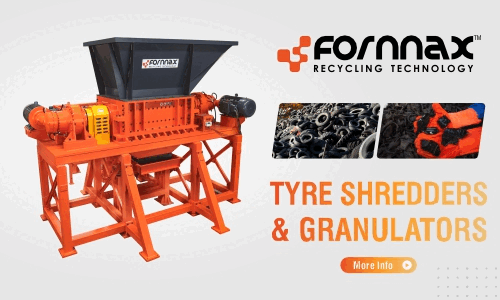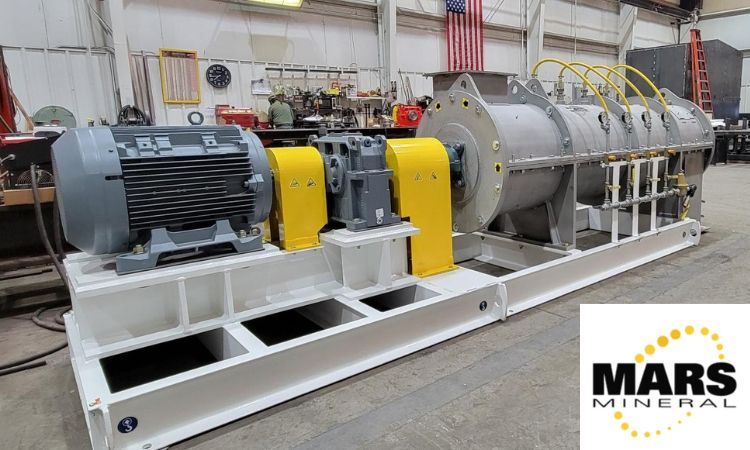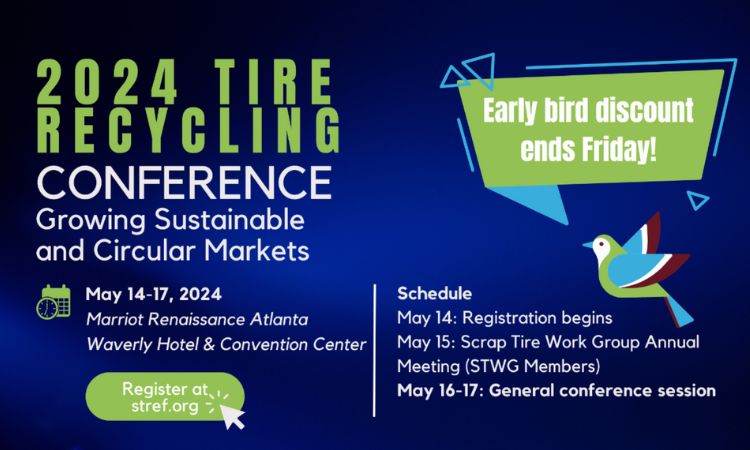New Zealand proposes regulated product stewardship schemes to recycle more tires
According to the recent announcement, the New Zealand government has proposed regulated product stewardship schemes, which are to replace current voluntary programs, to reduce tire and plastic waste and help prevent the materials from ending up in landfills.
Introducing regulated waste tire and plastic schemes would be a new step for the New Zealand government, according to the Associate Minister for the Environment – Eugenie Sage.
“Well-designed product stewardship schemes ensure that those making, selling and using products all help take responsibility to recover the materials and avoid them ending up in landfills.”
Ms. Sage added that:
“Regulated product stewardship helps put the responsibility for effective material and waste management on product manufacturers, importers, retailers and users, rather than on communities, councils, neighborhoods and nature.”
As the Ministry for the Environment’s website says, “the Government is looking to declare ‘priority products’ for six product groups that can create harm at end of life. It is also looking to declare ministerial guidelines for the design of accredited schemes to manage the priority products. This is stage one of a two stage process to move toward regulated product stewardship for these products.“
In addition, the Ministry released a public consultation document titled, “Proposed priority products and priority product stewardship scheme guidelines” on August 9.
According to the Consultation document, the proposed six priority products are:
- tires
- electrical and electronic products (e-waste)
- refrigerants and other synthetic greenhouse gases
- agrichemicals and their containers
- farm plastics
- packaging (beverage packaging, single-use plastic packaging).
The Associate Minister highlighted that the 14 currently existing accredited schemes are all voluntary, which does not help improve environmental situation.
“While some, such as the Agrecovery scheme, for agricultural chemical containers, have provided significant benefits, much more can be achieved with a comprehensive regulated scheme which creates a level playing field and helps reduce waste and the risk of environmental from it.
“This is the first time the tools for regulated product stewardship in the Waste Minimisation Act are being looked at seriously, although they have been in the Act since 2008,” Sage said.
The Consultation document suggests to collectively create a regulated product stewardship scheme for tires involving business and other industry players. Here Sage added that like other countries New Zealand’s economy is based on a ‘take, make and dispose’ model, which treats nature and the resources it provides as ‘free’ and disposable. She explained that the regulated product stewardship is a step towards changing that and to designing waste out of production. Sage believed that this can become a part of a longer-term goal of moving to a more efficient, low-emissions, sustainable and inclusive economy for New Zealand. Sage said.
“Products that have reached the end of their life can be used to make something new, especially if they are designed better for reuse and recycling. There is strong industry, council and community support for government to ‘level the playing field’ – ensure all participate, and create better incentives to reduce waste and diverting materials from landfills,” Sage explained.
According to the Ministry’s website, the next step following the consultation will be to work with business and the industry to devise new environmental regulations. Consultation on which products should be considered is currently open and will close on October 4, 2019.
Article by Ministry for the Environment, New Zealand.
Weibold is an international consulting company specializing exclusively in end-of-life tire recycling and pyrolysis. Since 1999, we have helped companies grow and build profitable businesses.









